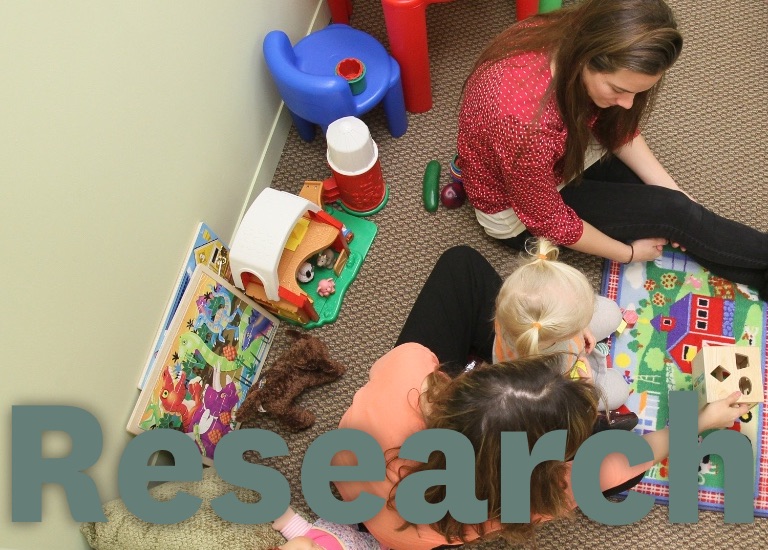Animal Assisted Therapy as Socially Assistive Technology: Implications for Autism
Principal Investigator: Olga Solomon PhD
Period
Jul 2008 – Jun 2009
Total funding
$22,943
This interdisciplinary project develops a new theoretical approach to animal assisted therapy for children with autism. The approach is based on occupational science, a discipline that conceptualizes human occupations in relation to well-being and meaning-making in everyday life, and on socially assistive robots designed to assist humans with social rather than physical tasks. The distinction between social and physical assistance in robot assisted rehabilitation is paralleled by the current state of animal assisted therapy: whereas before service animals (mostly dogs) were assisting disabled persons with challenges in the physical environment (e.g., crossing the street, opening the refrigerator door), they now are also trained to facilitate disabled persons’ social interactions with other people. Because autistic impairments disrupt one’s engagement in social interaction, socially assistive paradigms are uniquely suited for autism intervention.
Funding
| Type | Source | Amount |
|---|---|---|
| Intramural | University of Southern California Zumberge Fund Award | $22,943 |





